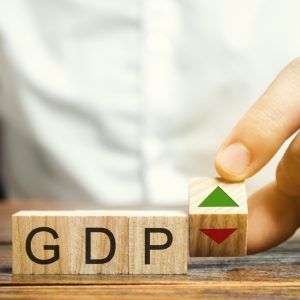
This is a slowdown from the one per cent rise measured in June, although it still marks six months of growth in a row.
Economic growth remains 2.1 per cent below its pre-pandemic level in February 2020.
Construction slowdown
Growth in July was driven by production, alongside a rise in arts, entertainment and recreation activities. But the overall figure was dragged down by a continued fall in construction, and flat growth in services.
Jay Mawji, managing director of the global liquidity provider IX Prime, said: “There’s a double disappointment here. Growth is slowing and the lacklustre GDP figures cannot be dismissed as merely the side effect of Britain’s supply chain problems.
“The markets had expected the supply side issues – which range from a chronic lack of delivery drivers to a shortage of semiconductors which saw the number of cars made in the UK in July plunge 37.6 per cent on this time last year – to be the chief culprit for slowing growth.
“But with services sector output also flatlining as the ‘pingdemic’ forced many workers to isolate at home and consumer spending falling, the problems run deeper.
“With all sectors of the economy still around two per cent below their pre-pandemic level, the recovery is still incomplete and fragile.”
Sam Fuller, director of Financial Markets Online, added: “The wheels haven’t yet come off Britain’s recovery, but they are wobbling. With growth in the UK’s dominant services sector flatlining and retail sales falling, the markets are rapidly recalibrating their expectations.
“One thing that won’t change any time soon is interest rates. With CPI falling to a surprisingly benign two per cent in July, the Bank of England will have no hesitation in holding interest rates at their current 300-year low to support growth.
“But the prospects for the wider economy are more balanced. The recovery is looking increasingly brittle, and with consumer spending slipping, the slowdown cannot be dismissed as a short-term supply issue.
“The question now is whether these are just teething problems for the recovery or if things are running out of steam as the end of the furlough scheme draws near. Whichever it is, both the Pound and UK equities are likely to face some trying times in coming weeks.”















